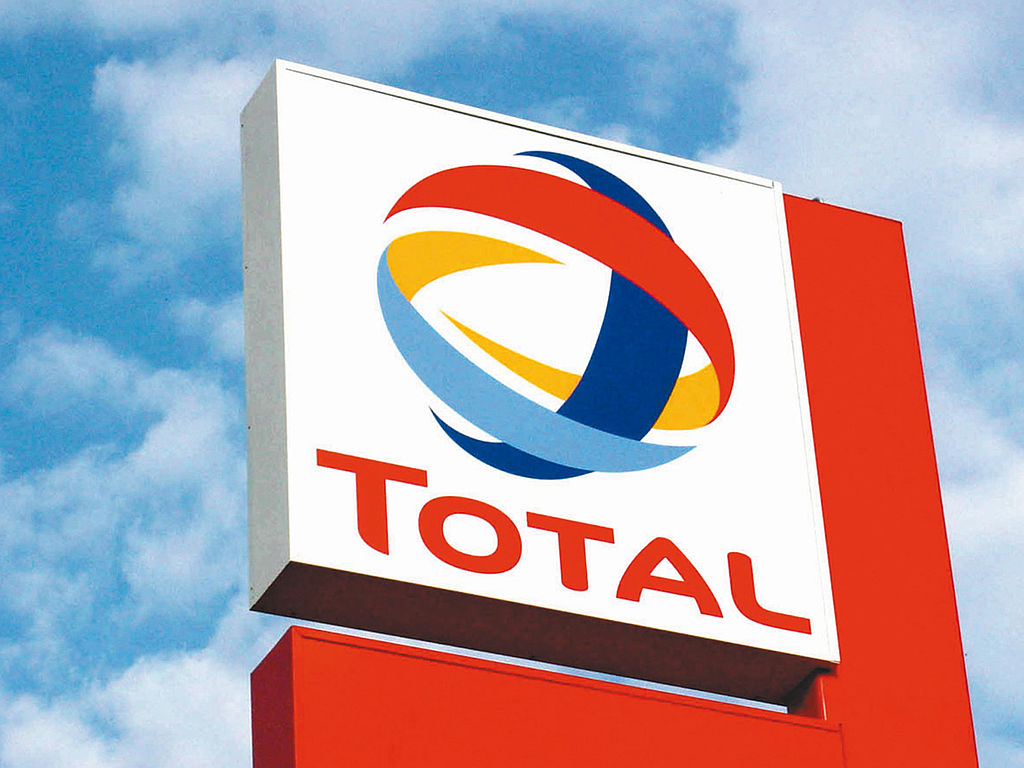Almost a million people have signed a petition to stop a planned crude oil pipeline in East Africa that campaigners say poses serious risks to communities and wildlife along its route.
The East African Crude Oil Pipeline, developed by a consortium led by French company Total, will run for
Avaaz, the campaign group hosting the ‘Stop This Total Madness’ petition, says the pipeline “will rip through some of the most important elephant, lion and chimpanzee reserves on Earth, displace tens of thousands of families, and tip the whole planet closer to full-blown climate catastrophe”.
Read more: British Company Tullow Oil Exploiting Africa’s Resources and People
The pipeline will ferry waxy crude oil, which needs to be heated as it travels.
Amos Wemanya, a campaigner with Greenpeace Africa, told DeSmog this was problematic for wildlife along the route, as “changes in sea temperature affect marine creatures and destroys the marine ecosystem.”
He said the pipeline was unnecessarily risky: “The future provides Africa with pronounced opportunities to see a lot of exciting renewable energy projects realised. African leaders need to make hard choices to harness the opportunities in solar, geothermal, and wind power that are abundantly available and drop the unnecessary ambitions for the risky energy sources such as fossil fuels.”
Campaigners are also concerned about the impact the project will have on communities along the route.
Charles Wanguhu, Coordinator of the Kenya Civil Society Platform for Oil and Gas, said that due to the “militarisation” of the industry in Uganda, “it is going to be hard for communities to speak out against land or environmental injustices”.
Avaaz Campaign Director Pascal Vollenweider told DeSmog that the impact of the pipeline on low-income communities was a major concern. Local groups were reporting that families were being displaced without compensation, he said. He urged Africa’s governments not to invest in “dirty technologies from the past, pushing us close to climate chaos.”
Total did not respond to a request for comment.
Image: Laurent Vincenti/Wikimedia Commons CC BY–SA 3.0
Subscribe to our newsletter
Stay up to date with DeSmog news and alerts







